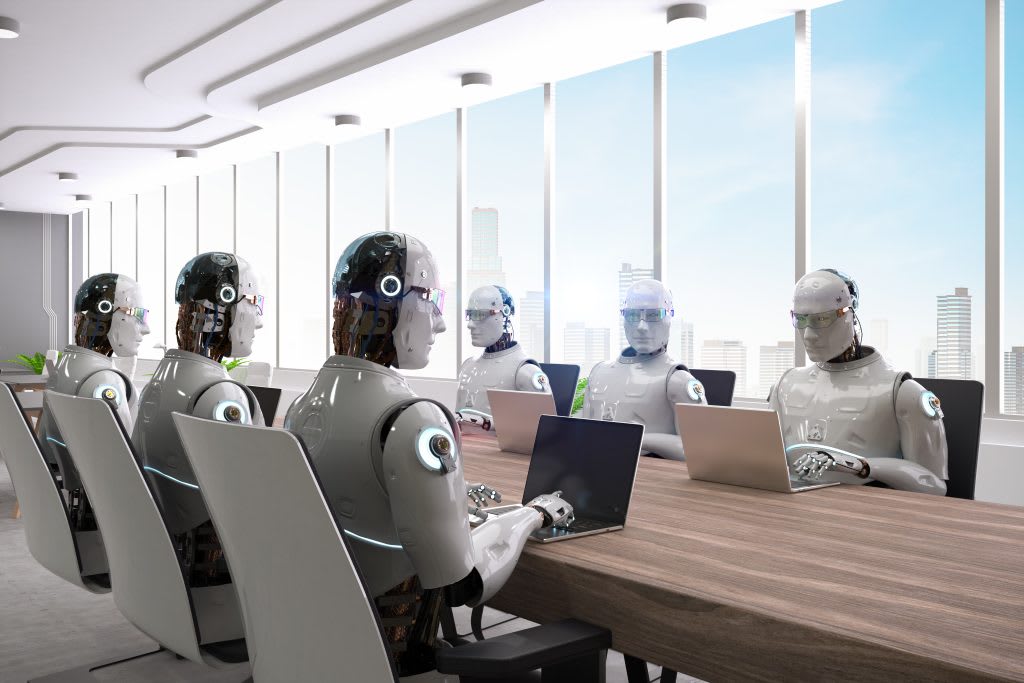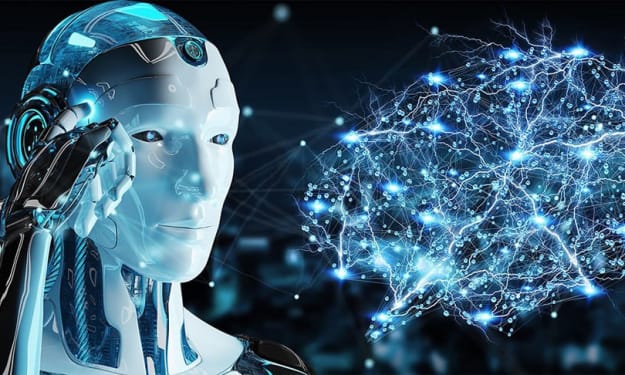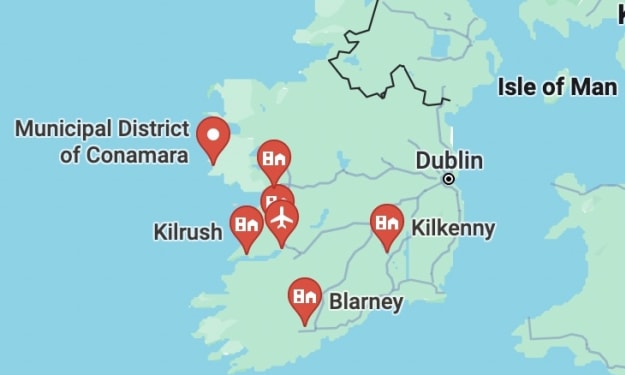The Ethical Dilemma: AI's Impact on Job Displacement in 2024
Artificial Intelligence & Jobs Displacement

INTRODUCTION
As artificial intelligence (AI) continues to transform industries and revolutionize the way we work, a pressing ethical concern has emerged: the potential for widespread job displacement. With AI's ability to perform tasks at an unprecedented level of speed, accuracy, and efficiency, many experts warn that millions of jobs could be replaced by machines in the coming years.
The Job Market Impact
Studies have shown that up to 47% of US jobs are at high risk of being automated by AI systems (Frey and Osborne, 2017). This is not a trivial concern. According to the International Labor Organization, approximately 77 million people worldwide will lose their jobs due to automation by 2022 (ILO, 2020). The most vulnerable industries include:
1. Manufacturing:
Assembly line work, packaging, and quality control processes are prime targets for AI-driven automation.
2. Customer Service:
Chatbots and virtual assistants are already taking over routine customer interactions, making human representatives redundant.
3. Data Entry:
AI-powered tools can process vast amounts of data faster and more accurately than humans, rendering data entry jobs obsolete.
4. Bookkeeping and Accounting:
AI-based accounting software is capable of processing complex financial transactions with greater speed and precision.
Consequences for Individuals
Job displacement due to AI poses significant challenges for individuals:
1. Unemployment: The loss of a job can lead to financial insecurity, mental health concerns, and reduced social connections.
2. Skills Obsolescence: As AI takes over tasks, workers may struggle to maintain relevant skills, making it
harder to find new employment opportunities.
3. Social Isolation: With fewer human interactions, individuals may experience loneliness, decreased self-esteem, and increased feelings of disconnection.
Societal Impacts
The far-reaching consequences of widespread job displacement extend beyond individual concerns:
1. Economic Instability: Reduced consumer spending, increased social welfare costs, and a shrinking tax base could exacerbate economic instability.
2. Social Unrest: Frustrations among workers may lead to increased social unrest, protests, or even violence.
3. Inequality Amplification: The benefits of AI-driven productivity gains may not be equitably distributed,
further widening the wealth gap between the rich and the poor.
Potential Mitigation Strategies
To mitigate the negative consequences of AI-driven job displacement:
1. Education and Re-Skilling: Governments and corporations can invest in training programs that prepare
workers for emerging fields and technologies.
2. Lifelong Learning: Encourage a culture of continuous learning, enabling individuals to adapt to changing job markets.
3. Upskilling: Focus on developing skills that are less susceptible to automation, such as creativity, problem-solving, and emotional intelligence.
4. Basic Income Guarantee: Consider implementing a basic income guarantee or universal social welfare program to ensure a minimum standard of living for all citizens.
The Role of Governments
Governments have a crucial role to play in addressing the social and economic implications of AI-driven job displacement:
1. Social Welfare Programs: Implement programs to support workers who have lost their jobs due to automation, including retraining and upskilling initiatives.
2. Basic Income Guarantee: Consider implementing a basic income guarantee or universal social welfare program to ensure a minimum standard of living for all citizens.
3. Tax Reform: Reform tax policies to encourage investment in education and training programs, as well as support small businesses and entrepreneurs who may be disproportionately affected by AI-driven job displacement.
The Future of Employment
How will employment evolve in the face of AI-driven job displacement? Some potential scenarios include:
1. New Industries and Job Creation: As AI takes over routine tasks, new industries and job opportunities may emerge to replace those lost.
2. Shifts in Job Categories: Jobs that were once considered manual labor or administrative roles may become more complex and require higher-level cognitive skills.
3. Increased Focus on Human Skills: As machines take over routine tasks, there may be a greater emphasis placed on human skills such as creativity, empathy, and critical thinking.
Conclusion
The impact of AI on job displacement is a pressing concern that requires immediate attention and action. By understanding the consequences of AI-driven job displacement and implementing strategies for mitigation, workforce retraining, industry transformation, and government intervention, we can work towards creating a more equitable and sustainable future for all workers.
About the Creator
HAFIZ WASAF
A seasoned tech writer with a passion for exploring the latest trends and developments in tech industry.






Comments
There are no comments for this story
Be the first to respond and start the conversation.